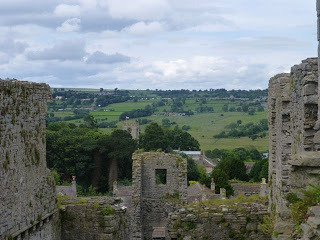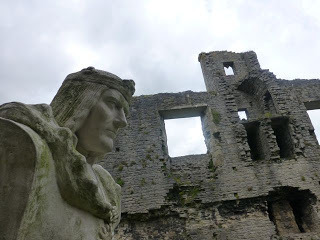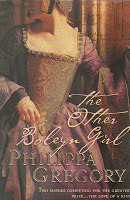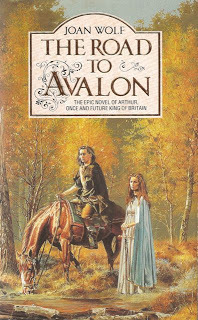Historical novels, and what they can do for you
 Middleham CastleI’m not very good at ruins. I always think I should be – history’s one of my things, right? – but always find it hard to get past the bare stones to picture the building with roof and floors and hangings on the walls.
Middleham CastleI’m not very good at ruins. I always think I should be – history’s one of my things, right? – but always find it hard to get past the bare stones to picture the building with roof and floors and hangings on the walls. I like those information boards that give you pictures showing what it might have looked like, but it's impossible not to walk around and wish you could go back and see what it was really like ...
 Short of your very own time slip, the best way to get that sense is to read a really good historical novel. I was at Middleham Castle last Sunday, and what might have been just an impressive ruin came to life thanks to Sharon Penman’s The Sunne in Splendour.
Short of your very own time slip, the best way to get that sense is to read a really good historical novel. I was at Middleham Castle last Sunday, and what might have been just an impressive ruin came to life thanks to Sharon Penman’s The Sunne in Splendour. (This was the book that literally changed my life. I read it in Australia in 1986, and loved it so much that I decided I wanted to go back to university and study medieval history. While scratching my head about how I was going to pay for a PhD, I lit upon the bright idea of writing a romance, because everyone knew they were dead easy and made lots of money very fast ... er, wrong! But that’s another story…)
 Statue of Richard III at MiddlehamThe Sunne in Splendour is the story of Richard III, and if you ever want to be convinced of who really killed the princes in the tower, I suggest you read it. I absolutely loved the way Penman takes the complex history of the 15th century and brings it to life. Of course a historical novel can never be totally authentic but when I’m reading a story I’m prepared to sacrifice history for engaging characters. I want to feel as if I’ve been transported to another world which feels true and which helps me imagine what life was like in the past. As a reader, I don’t want to puzzle over a document or marshal my statistics. I want the author to do the research for me and then show me in a way I can understand and remember.
Statue of Richard III at MiddlehamThe Sunne in Splendour is the story of Richard III, and if you ever want to be convinced of who really killed the princes in the tower, I suggest you read it. I absolutely loved the way Penman takes the complex history of the 15th century and brings it to life. Of course a historical novel can never be totally authentic but when I’m reading a story I’m prepared to sacrifice history for engaging characters. I want to feel as if I’ve been transported to another world which feels true and which helps me imagine what life was like in the past. As a reader, I don’t want to puzzle over a document or marshal my statistics. I want the author to do the research for me and then show me in a way I can understand and remember. Philippa Gregory does this brilliantly in her novels based on real historical characters. The facts about Anne Boleyn are rehashed endlessly in documentaries, but the story Gregory tells in The Other Boleyn Girl is the one that rings truest for me because it’s the only one that touched me emotionally. Only a novel can do this, I think.
Philippa Gregory does this brilliantly in her novels based on real historical characters. The facts about Anne Boleyn are rehashed endlessly in documentaries, but the story Gregory tells in The Other Boleyn Girl is the one that rings truest for me because it’s the only one that touched me emotionally. Only a novel can do this, I think. Another of my favourites is The Road to Avalonby Joan Wolf. As you might guess from the title, it’s the story of King Arthur, but this is not the legend. The story is absorbing and utterly persuasive. I defy you to read The Road to Avalon and not think at the end: Of course that’s how the legend must have started. I’m always taken so completely into the world of Wolf’s Dark Age Britain that tears run down my face at the end, no matter how often I read the book.
Another of my favourites is The Road to Avalonby Joan Wolf. As you might guess from the title, it’s the story of King Arthur, but this is not the legend. The story is absorbing and utterly persuasive. I defy you to read The Road to Avalon and not think at the end: Of course that’s how the legend must have started. I’m always taken so completely into the world of Wolf’s Dark Age Britain that tears run down my face at the end, no matter how often I read the book.This is what a good historical novel can do. It can make you believe that’s how it was, even if every instinct as a historian says that there’s no way people in the past would have thought and spoke and acted that way. Wolf’s The Edge of Light, about Alfred the Great, is also wonderful.
Are you a fan of historical fiction? Do you like ‘faction’ or straight fiction? Or do you like your history mixed up with romance or crime or (dare I say it?) the time slip fantasy?
Published on July 19, 2012 00:38
No comments have been added yet.



